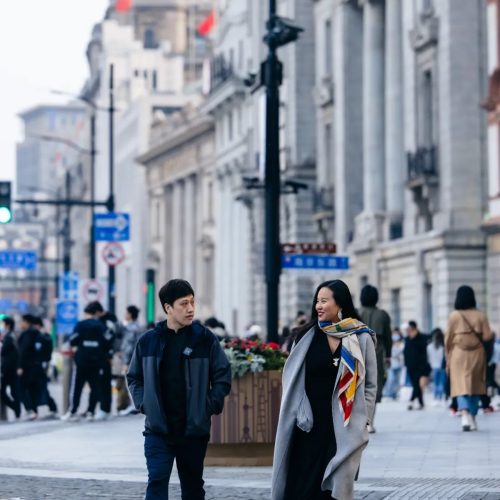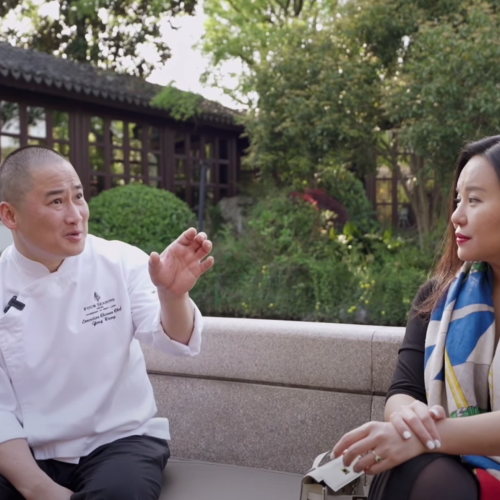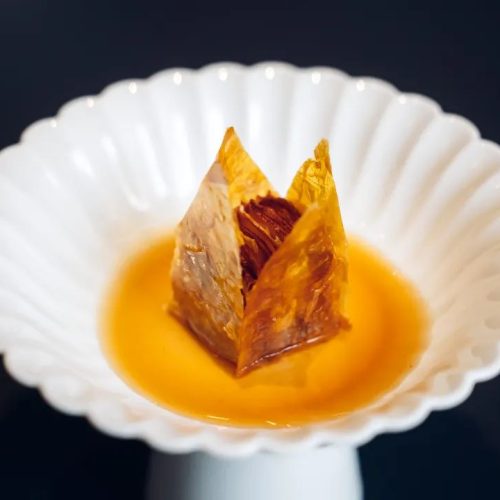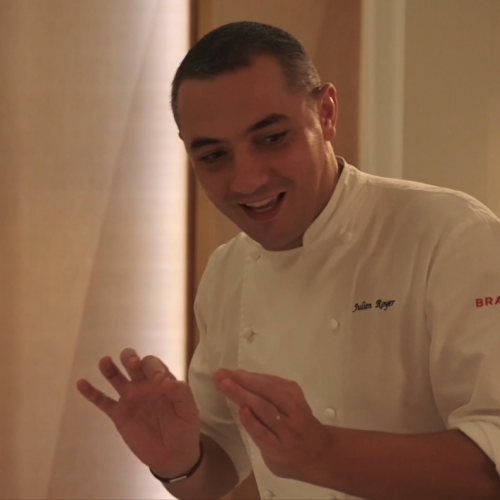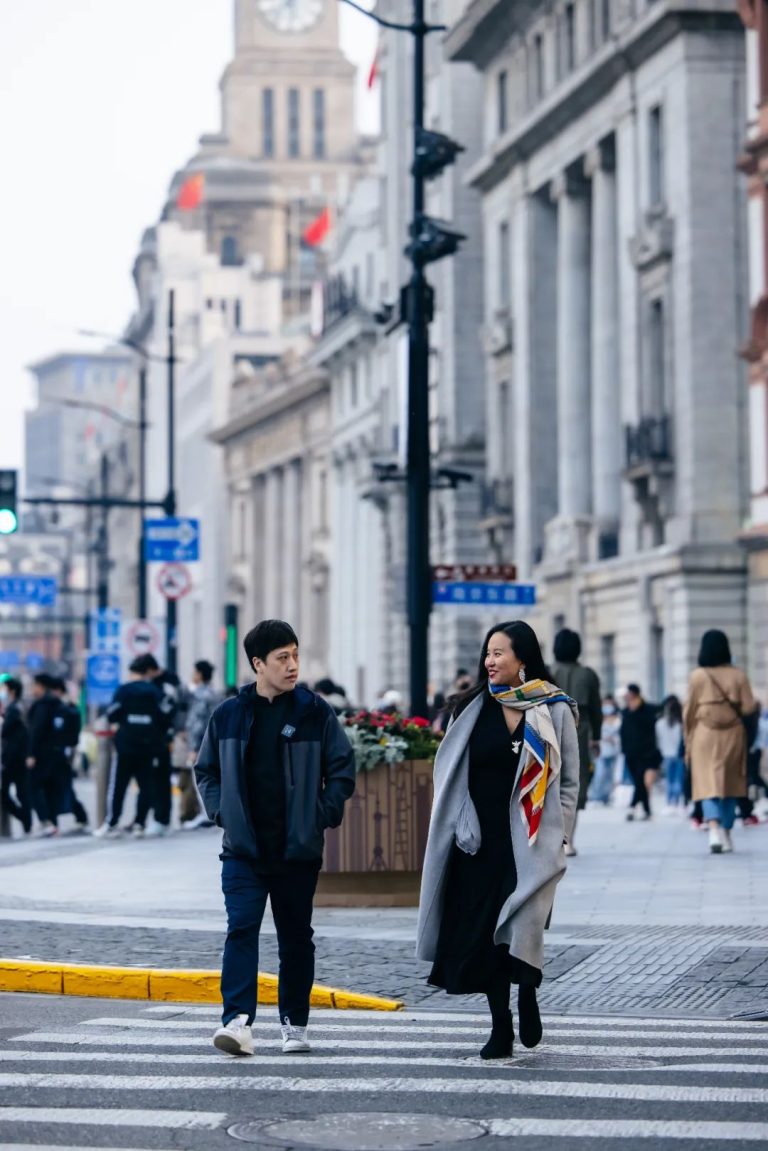
Chef Xu Jingye showcases understated elegance of Cantonese cuisine in every dish at 102 House, which, within just one year of its establishment in Shanghai, was awarded two Michelin stars, making a remarkable debut. But Michelin is both pressure and motivation. This year, the spring menu demonstrates even greater stability with precise execution and graceful flavouring.
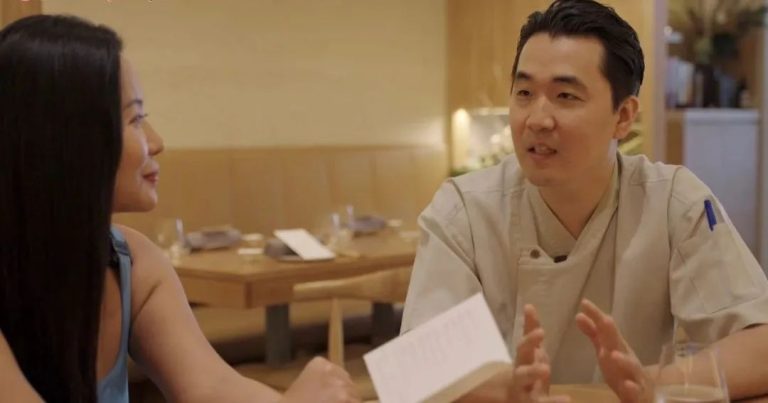
For this spring/summer menu, Chef Louis Han stages a theme of Front Yard Barbecue, built on the fondest of memories from his barbecue gatherings back home. Think hot and plump grilled meats, fresh and succulent vegetables and a colourful array of side dishes. Wouldn’t it be hard not to fall in love with all that deliciousness?
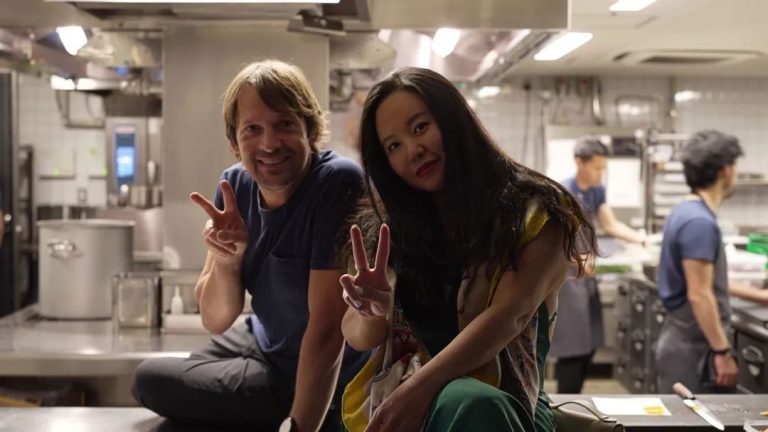
It's been a few years since I wrote about Noma again, and I've really thought it through. The new Noma 2.0 cookbook contains dishes spanning two seasons, evoking memories of the past. As it has for years, the restaurant explores the possibilities of a full range of ingredients, presenting the best of them conveyed through an unimaginably elaborate process that is both wild and traditional, unpretentious but time-consuming. In the spirit of Noma 2.0, the Kyoto pop-up pays true homage to the city’s profound history and diverse culture, with local approach in ingredient selection, preparation and presentation.
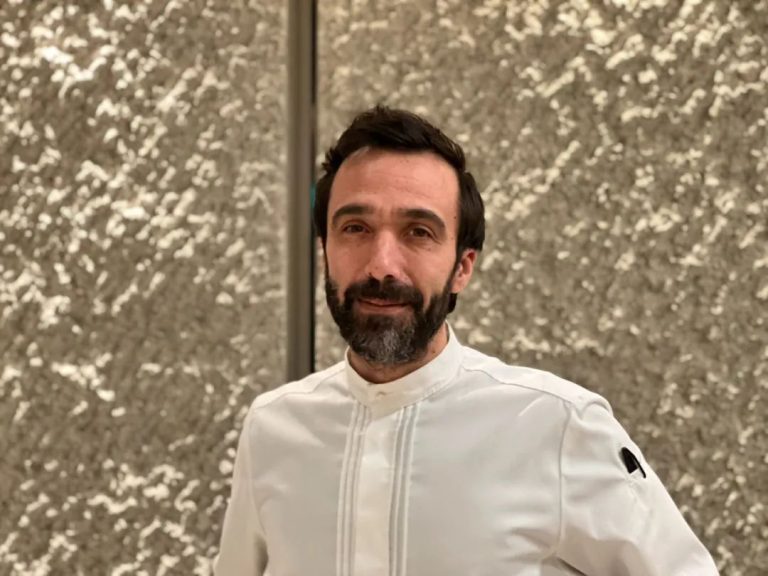
Esquisse, meaning “sketch” in French, is more than a name. An artistic theme runs throughout Esquisse, from the bright and airy decor through to the elegant presentation that seems to bear the poetic come and go of things. Opened in Tokyo’s luxury Ginza district in 2012, Esquisse was awarded two Michelin stars five months after opening. Deeply influenced by Japanese philosophy, Lionel Beccat’s cooking is about changing the way of thinking and creative growth, leaving guests to define his dishes. For me, Esquisse is undoubtedly one of the iconic restaurants to visit in Tokyo.
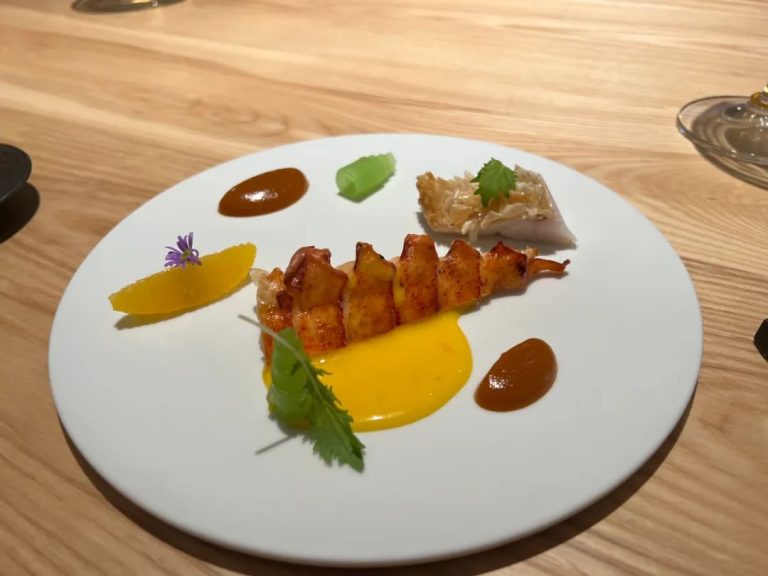
At the Michelin two-starred modern Singaporean restaurant JL STUDIO in Taichung, Singaporean Chef Jimmy Lim Tyan Yaw has re-imagined traditional South-East Asian cuisine with unique flair and a deep desire. Having been refining his approach to traditional cuisine, Jimmy’s colourful but unconventional dishes are a delightful departure from cooking’s new minimalism.
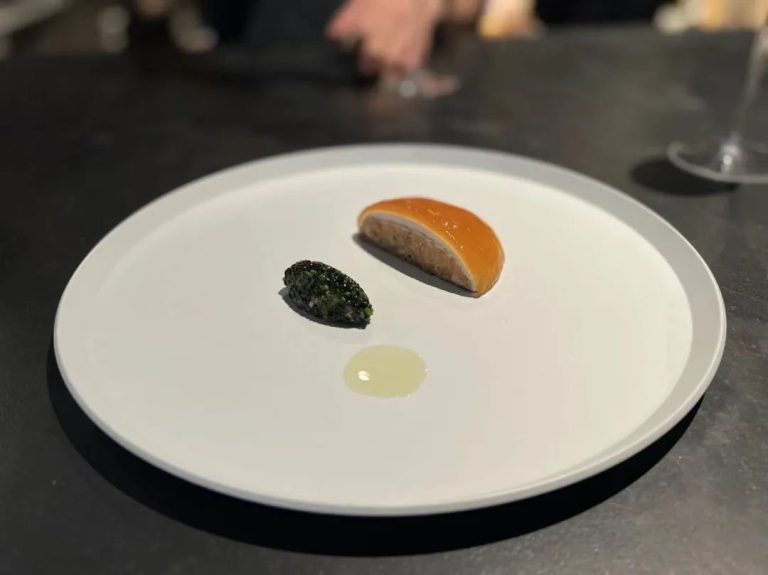
Kawate is clear in his goals and bold in his approach, especially in the early focus on sustainability before the market took it as a trend. His signature 'sustainability beef' carpaccio is taken from the meat of mature, 13-year-old breeding cows from Takasaki, which was an avant-garde dish at the time. Now Kawate's pursuit of sustainability is even more evident. Not the first of its kind in Japan, Florilège is an intimate experience set around a counter where the chefs cook everything right in front of the guest, with full attention to detail to provide top-notch hospitality. The space is far more spacious than it looks in the photos. It is a theatrical ringside setting where the chef is the star of the show.
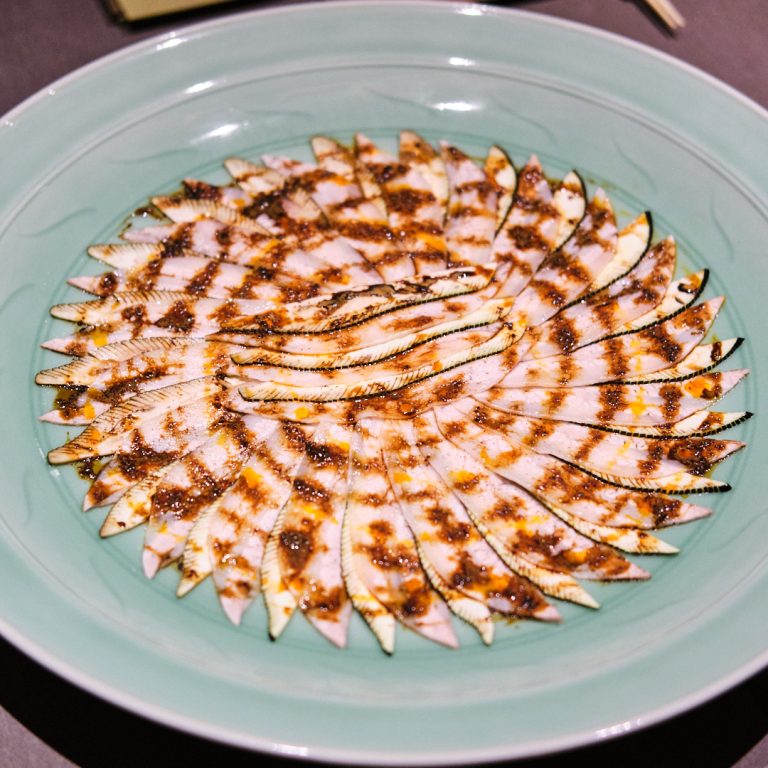
Kawada says, Japanese cuisine is about water and Chinese cuisine is about fire. The combination of the two is perfectly interpreted at Sazenka, where Chinese cuisine and kaiseki cuisine meet. He reinterprets Chinese flavours with sublime colours and impeccable aromas, imbued with warm hospitality and authenticity.
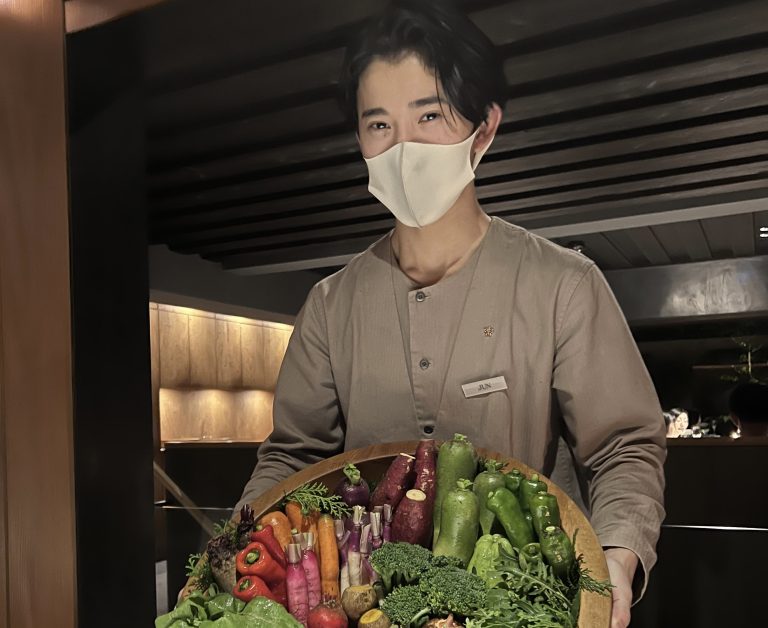
Having studied Politics of developing countries at Keio University - one of the top private universities in Japan - Chef Namae came to the culinary world with critical thinking and a philosophical mind. Apart from playing rock music and wanting to become a journalist, he worked in Hokkaido, South France and The Fat Duck in the UK before finally opening his own restaurant which was destined to be special.
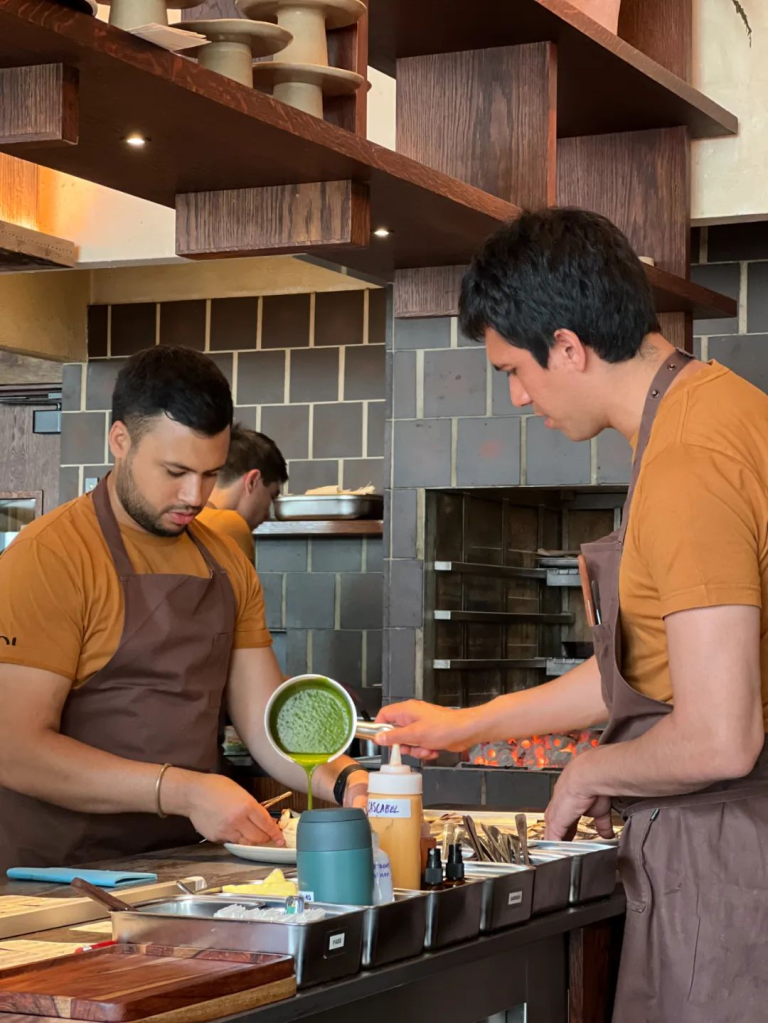
London's many foreign hospitality workers had to leave the UK as the restaurant industry faced intermittent shut-down policy during the initial phase of the pandemic. What's more, many were unable to return to the UK due to visa issues caused by Brexit. As a result, restaurants are generally experiencing a shortage of staff.
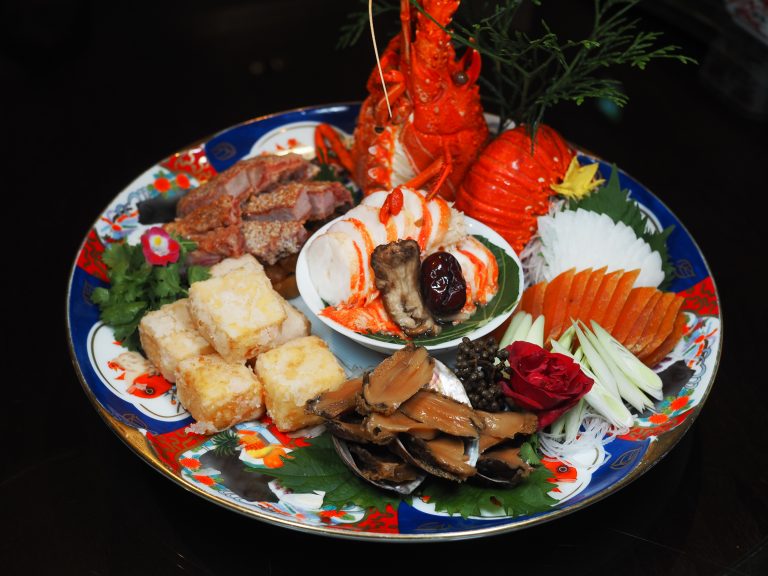
Taiwanese cuisine was prevalently characterised by exquisiteness around the 1930s, if you consider the many refined restaurants of the Beitou hot springs region during the Japanese rule. Admittedly, Taiwanese cuisine today is typically associated with street food and home-style cooking, and many finely crafted recipes didn’t get a chance to be passed on. To recapture the gorgeous Taiwanese cuisine of the 1930s, the Yong Feng Yu Group, investor of organic produce restaurants including Green & Safe in Shanghai, has found Mountain and Sea House as well as Master Cai Ruilang, a traditional Taiwanese cuisine inheritor who has been in the business for 30 years and once studied under Master Huang Dexing of Peng Lai Ge Restaurant, one of the four major restaurants in Taiwan during the Japanese rule. The group also sought advice from local cuisine expert Huang Wanling on a few classic Taiwanese dishes in Tainan.











